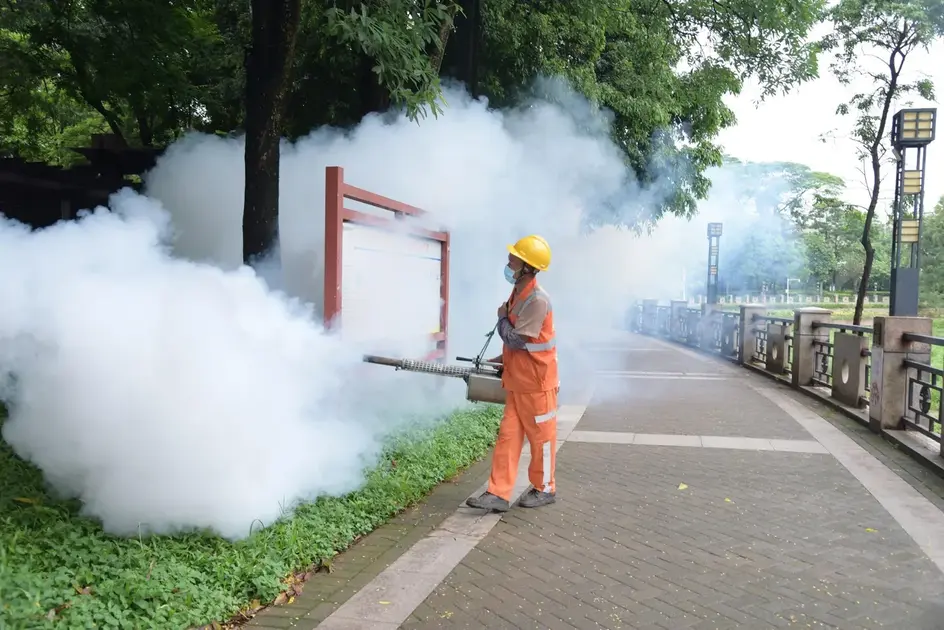T4K3.news
Chikungunya outbreak forces new tactics in Foshan
China deploys aggressive containment in Foshan with fines, hospitalizations, and drones as cases surge
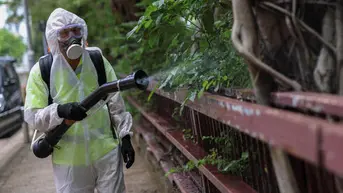
China faces its largest chikungunya outbreak as authorities deploy aggressive containment methods in Foshan and nearby cities
China tightens chikungunya control with forced hospitalizations and drone surveillance
China is grappling with its largest chikungunya outbreak on record, with more than 7,700 confirmed cases. The vast majority are in Foshan in Guangdong province near Hong Kong. Between late July and early August authorities reported a surge, with 2,770 new cases in Foshan in one week. To slow the spread, officials have sprayed insecticides, drained standing water, and distributed mosquito nets. In some areas drones are used to locate breeding grounds and a few patients have been hospitalized to isolate them from others.
Experts say the outbreak shows a familiar pattern where a virus enters a place where climate and heavy rains create plenty of mosquitoes. Vaccines exist but are not widely available, so most care is supportive. Authorities say the response mixes standard tactics with strict enforcement, including fines for water kept in containers and even power cuts to enforce rules. A first case has also appeared in Hong Kong and international agencies have issued cautions for travelers to the region.
Key Takeaways
"Public health should protect liberty as well as lives"
A stance on rights during health campaigns
"Mosquito maps decide futures not just medicine"
Highlighting the role of geography in response
"This outbreak tests governance more than it tests science"
Editorial assessment of policy effectiveness
"Trust is the vaccine we cannot manufacture"
Points to public confidence as a key factor
These measures raise a basic question about how far a government should go to stop a virus. Speed matters in a mosquito borne outbreak, but heavy handed tactics risk eroding public trust and cooperation. The situation shows how climate and urban life interact to shape risk and how local rules collide with individual rights.
Regional spillover is possible as long as cases appear near trade hubs and travel routes. If authorities rely mainly on coercion, they may save lives in the short term but miss a longer chance to build resilient communities. The next phase will reveal whether health gains come with political costs or if trust can be rebuilt through transparent and voluntary actions.
Highlights
- Public health should protect liberty as well as lives
- Mosquito maps decide futures not just medicine
- This outbreak tests governance more than it tests science
- Trust is the vaccine we cannot manufacture
Containment measures raise civil liberty concerns
The use of forced hospitalization, power cuts, and door to door inspections raises civil liberties concerns and could provoke backlash. The approach may affect public trust and future cooperation with health campaigns.
The next chapter will show if fast action can outpace a fast moving virus while preserving trust.
Enjoyed this? Let your friends know!
Related News
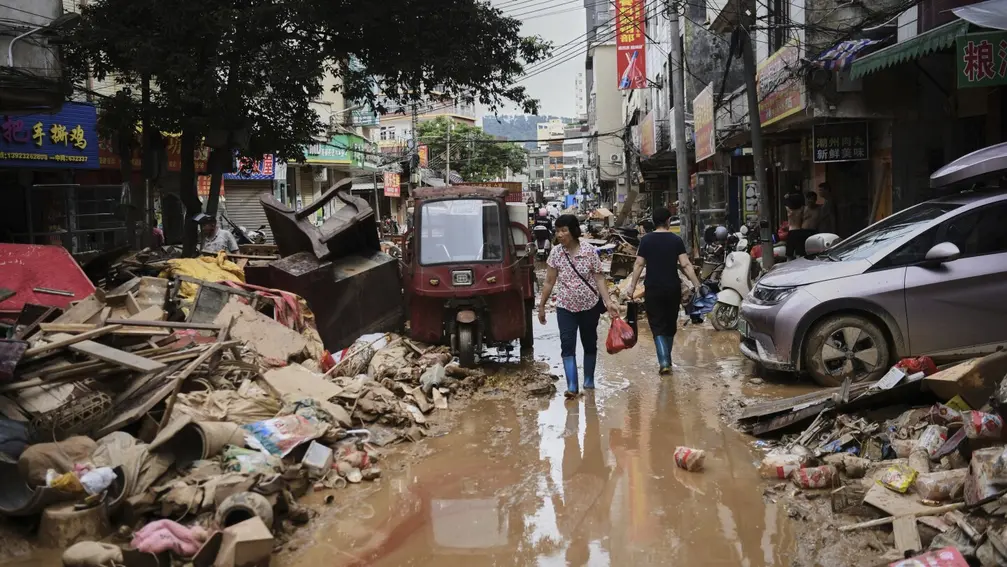
China reports over 7,000 chikungunya virus cases

China reports over 10,000 Chikungunya virus cases
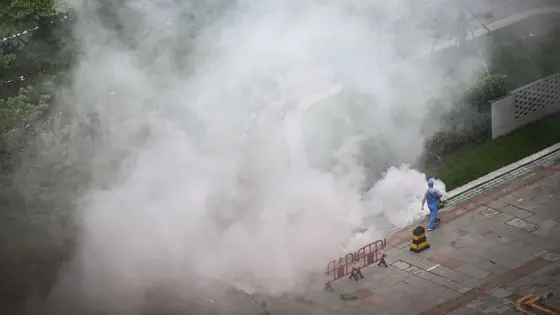
China faces significant chikungunya outbreak

Chikungunya virus outbreak in China confirmed
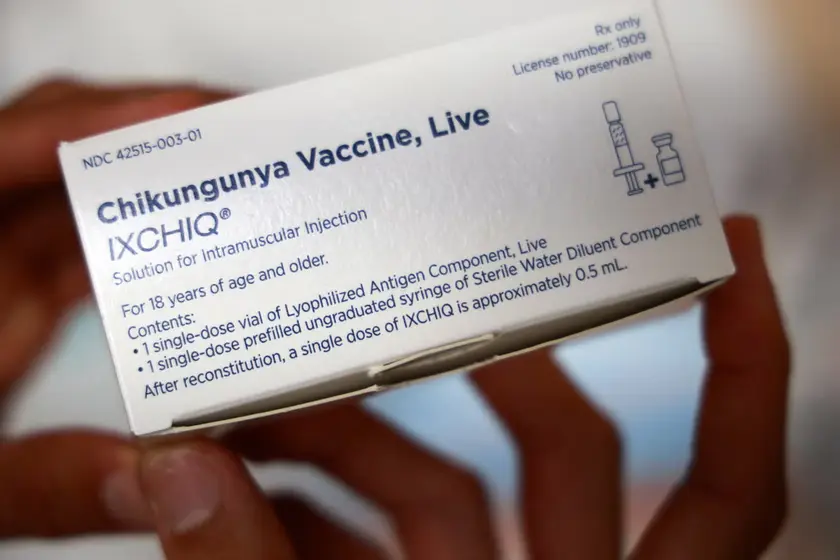
Chikungunya outbreak in China reaches nearly 8,000 cases
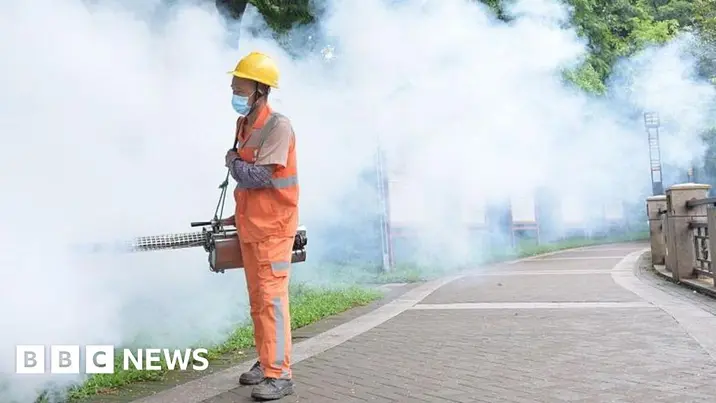
Guangdong province reports over 7,000 chikungunya cases
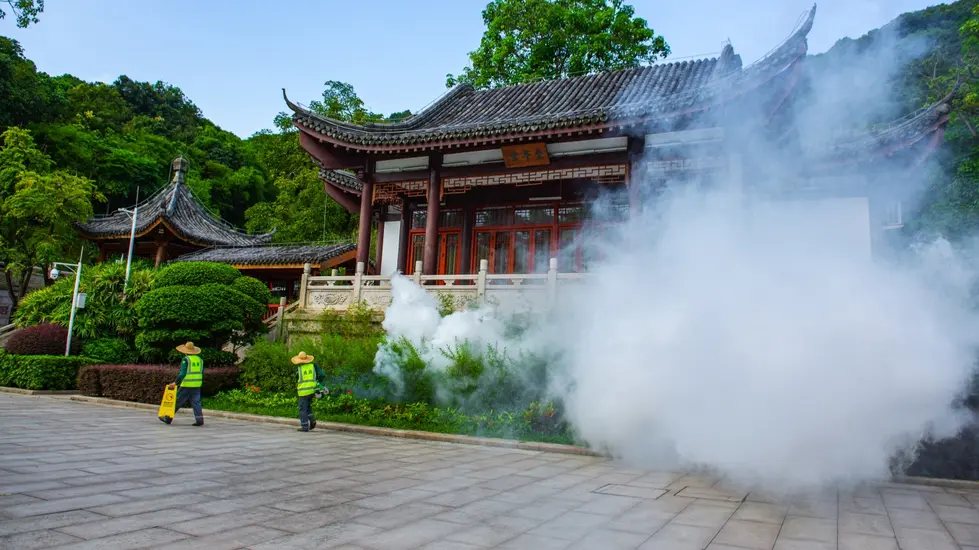
Chikungunya outbreak prompts bold measures in Guangdong

China initiates pandemic measures for Chikungunya virus
